Each year, roughly 2 million U.S. workers apply for Social Security disability (SSD) benefits. Whether physical or mental, their impairment – which can range from arthritis and heart failure to cancer, depression and autism — prevents them from working for at least a year and maybe even for the rest of their lives.
Disabled workers need these benefits to provide for their families and pay for medical care. Oftentimes, people thrust into this situation wonder whether they are eligible for SSD benefits. With the inability to work, their financial foundation is cracking. They may become desperate in trying to determine whether they qualify.
Provide proof of disability
A crucial factor that applicants must understand is that they do not qualify for SSD benefits unless their ailments last for a continuous year, thus preventing them from working.
The Social Security Administration (SSA) maintains a list of ailments that the agency considers severe enough in that they may prevent a person from working. Under its “Blue Book,” the SSA lays out the medical criteria for a person’s eligibility for benefits. Applicants must prove that their condition is disabling and provide medical records.
Released in October, the SSA’s statistical report noted the three main reasons why workers applied for SSD benefits. They include:
- Musculoskeletal and connective tissue ailments (33.6%): Conditions include arthritis, back and joint pain.
- Mental impairments (does not include intellectual disabilities) (25.5%): Conditions include depression, bipolarism, autism and psychotic disorders such as schizophrenia and hallucinations.
- Nervous system and sense organ ailments (9.7%): Conditions include multiple sclerosis, Parkinson’s disease, epilepsy, vision and hearing loss.
The conditions listed in the SSA’s Blue Book do not automatically qualify you for benefits. However, they do represent a guide as to the types of ailments that may allow you to receive these necessary benefits.


